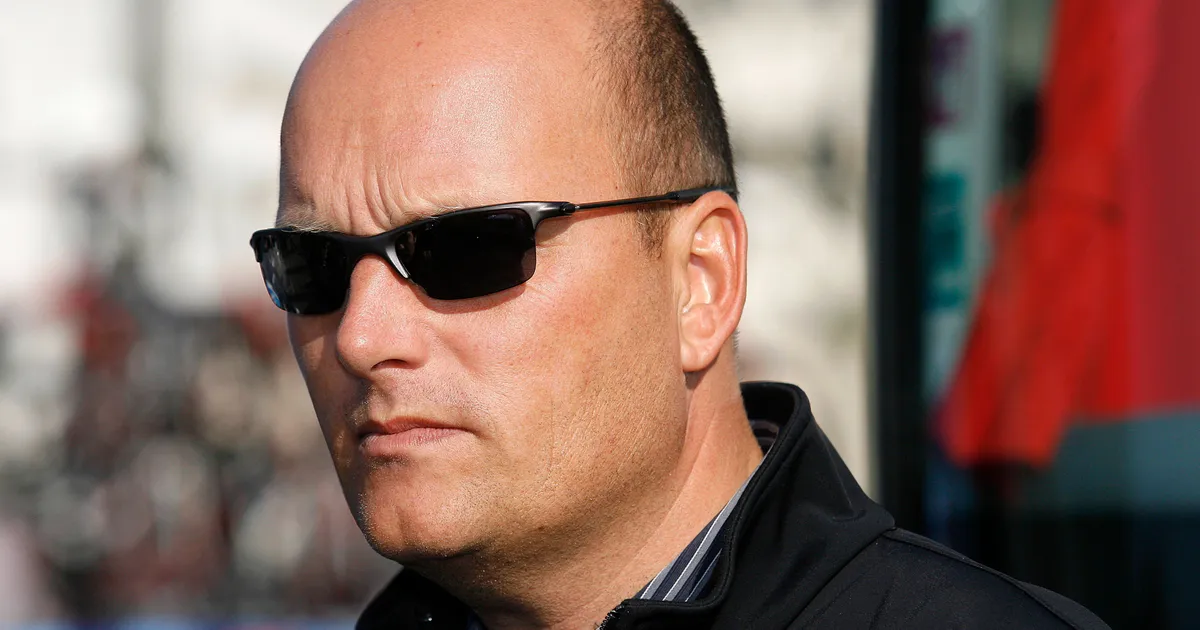Cycling is a sport that carries a very dark past, whose consequences have never truly faded as most top riders in the current peloton are still faced with – understandable – skepticism. What is unusual is for former riders who have used it to come out and claim no regrets over having done it and achieved success through it, as is the case with the 1996 Tour de France winner Bjarne Riis.Denmark’s Bjarne Riis, has once again made headlines for a blunt statement. During a sports forum in Copenhagen, Riis uttered words that leave no room for interpretation: “I was completely doped. I knew exactly what I was doing. I have no regrets, because it was part of that time and of a system that we all silently accepted,” said the 61-year-old in statements reported by the reputable Catalan newspaper Sport.
Riis had won the Tour in 1996, just one year after the end of Miguel Indurain’s Tour reign. His triumph marked a turning point: Induráin’s decline coincided with the arrival of new figures such as Jan Ullrich, Richard Virenque and Marco Pantani. From the beginning, that edition was shrouded in suspicion. In 2007, Riis himself admitted to having used EPO for years, but what has attracted attention now is not the revelation itself, but the frankness with which he repeats it, without nuance or apology.
In the 1995 Tour, Riis had taken third place on the podium, behind Induráin and Swiss Alex Zülle, already leaving some doubts about his performance in the mountains. But the most memorable episode would come in 1996, with his attack on Hautacam, a climb in which he dominated with apparent ease, even looking at the camera. To this day, that scene is interpreted as one of the symbols of the beginning of the “EPO era”, later confirmed by analysis and testimonies.
Riis’ career has continued to be marked by controversy. As director of the CSC team, he worked with cyclists such as Ivan Basso and Carlos Sastre, and his name has remained linked to environments of questioned sporting ethics.
